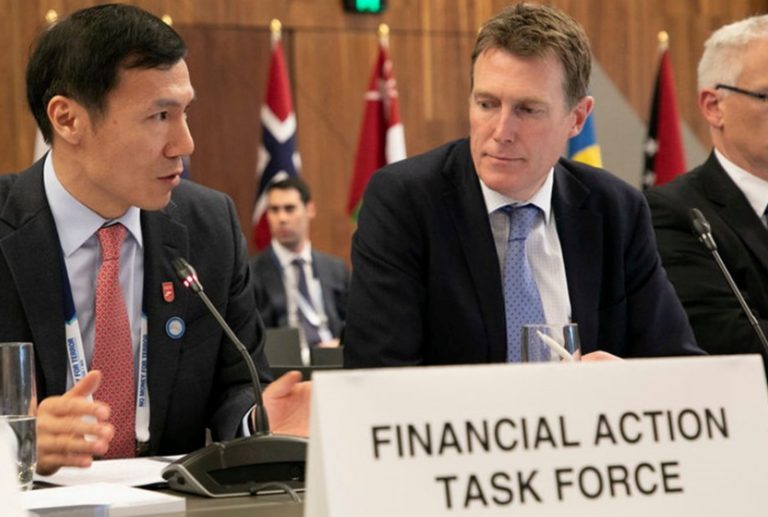2021-10-28 16:50 |
Financial Action Task Force (FATF), the agency that makes anti-money laundering (AML) rules for governments to follow worldwide, released its updated guidance for crypto on Thursday.
Based on prior guidelines issued in 2019 and the follow-up report from last year, the FATF has laid down new rules on everything from custodians to crypto exchanges. They “expect that the countries will implement this as soon as possible.” The members of the organization come from about 200 countries.
In its guidelines, the global watchdog said, the involvement of smart contracts on a blockchain “does not relieve the controlling party of obligations.”
FATF says many of these parties may be defined as Virtual Asset Service Providers (VASPs), and they will have to abide by related anti-money-laundering rules, be licensed or registered, and be supervised.
StablecoinsOn stablecoins, FATF said its providers, along with custodians and exchanges that support them, will have to conduct AML and anti-terrorism-financing checks throughout.
The agency urges countries to mitigate risk before new stablecoins are launched and continue monitoring the efforts even after that. It also asks them to take into account the evolving risk if the stablecoins become mass-adopted.
“Reduction of volatility could encourage their widespread use as a means of payment or transferring funds, particularly where they are sponsored by large technology, telecommunications or financial firms that could offer global payment arrangements.”
Peer-to-Peer TransactionsFATF wants countries to impose requirements such as additional record-keeping or limiting transactions to only certain approved addresses because these could potentially be used to avoid AML/CFT controls in the FATF Standards.
“The rapid evolution of this sector means that changes in the level and nature of the risk are likely to come quickly and to merit concerted supervisory attention.”
FATF further notes that while it hasn't observed a distinct trend towards their increased usage, it remains a potential risk as VA transactions may move to P2P to avoid regulations/supervision as more jurisdictions implement the standard as such related ML/TF risks should be monitored in an ongoing and forward-looking manner.
It urges countries to understand what types of P2P transactions pose a higher or lower risk and understand their drivers and different risk profiles.
DeFi & NFTAccording to FATF, a DeFi application is not a VASP; however, “creators, owners, and operators or some other persons who maintain control or sufficient influence in the DeFi arrangements,” even if they seem decentralized, may fall under their VASP definition where they are providing or actively facilitating VASP services.
While NFTs are not considered VASPs either, here as well, the agency says, it is important to consider their nature and its function in practice.
“Some NFTs that on their face do not appear to constitute VAs may fall under the VA definition if they are to be used for payment or investment purposes in practice,” it said, noting those NFTs that are digital representations of other financial assets are excluded from the FATF definition of VA but would be covered by their Standard of a financial asset.
Non-Binding GuidanceThe good part of this guidance is the FATF clearly describes who may qualify as VASP. It explicitly states that persons who “merely provide ancillary infrastructure,” including “verifying the accuracy of signatures,” will not be within the scope of surveillance obligations. As for the travel rule, the new guidance concedes that the
“full requirements of [the travel rule] apply to [a traditional wire transfer] and [a virtual asset transfer between two VASPs] but not [a virtual asset transfer between a VASP and an “unhosted wallet”].”
“It clarifies that fees paid to miners and validators are not subject to travel rule originator and beneficiary information collection,” noted Peter Van Valkenburgh of CoinCenter. He further said that these travel rule changes, however, don’t go far enough and keep the VASP definition extremely verbose.
A silver lining is that this guidance is entirely non-binding.
The post FATF Releases Updated Guidance on Crypto Covering P2P, Stablecoins, DeFi, and NFT first appeared on BitcoinExchangeGuide. origin »Bitcoin price in Telegram @btc_price_every_hour
Emerald Crypto (EMD) на Currencies.ru
|
|














